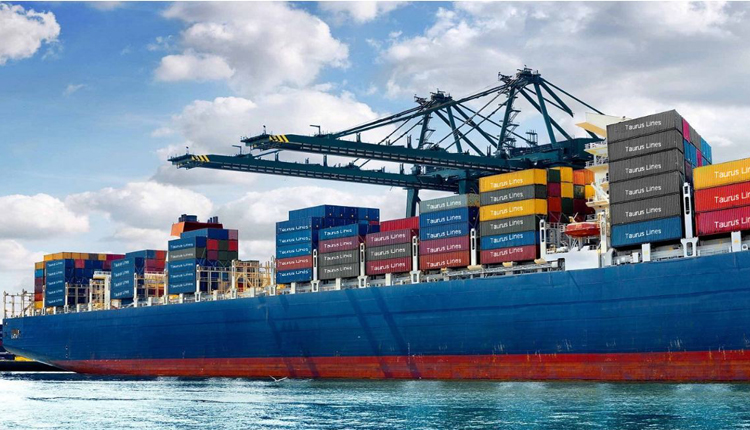Egypt’s exports of building materials climbed by six percent in May 2018, recording $471 million, compared to $445 million in the same month of 2017, according to the Export Council for Building Materials (ECBM).
The council’s report revealed that exports during the first five months of the year reached $2.46 billion.
In April, the exports reached $491 million, according to the council’s report, while the exports during the first quarter of the current year hit $1.5 billion.
The council announced in May that exports of building materials increased 10 percent in the first four months of 2018, recording $2.05 billion, compared to $1.8 billion in the same period of 2017.
In the first quarter of 2018, Egypt’s exports of building materials increased by seven percent, recording $1.5 billion, compared to $1.4 billion in the same period of 2017.
Building materials’ exports in 2017 recorded $5.08 billion and the council is targeting to raise this amount to $5.6 billion in 2018, with a ten-percent increase.
Generally, Egyptian goods became attractive to foreign markets after the flotation of the state’s currency in November 2016, losing 50 percent of its value, which is reflected on the increased exports.
Egypt also benefits from the trade agreement that came into action lately, reflecting the rising volume of its exports.
The state is involved in international trade deals such as the Mercosur Agreement, which is a free-trade agreement signed by Egypt and Mercosur countries in 2010, including the immediate customs clearance for 63 percent of the exports of Brazil, Argentina, Uruguay and Paraguay going to Egypt.
The Mercosur trade deal covers food, cars, auto parts and industrial supplies, and was signed by Egypt and Mercosur members in 2010, but only came into force in 2017.
Another trade agreement that Egypt is committed to is the deal with the Common Market for Eastern and Southern Africa (COMESA), which represents a free-trade area with 19 member states, stretching from Libya to Swaziland. COMESA was formed in December 1994 to replace the Preferential Trade Area, which had existed since 1981.
Source: Egypt Today


